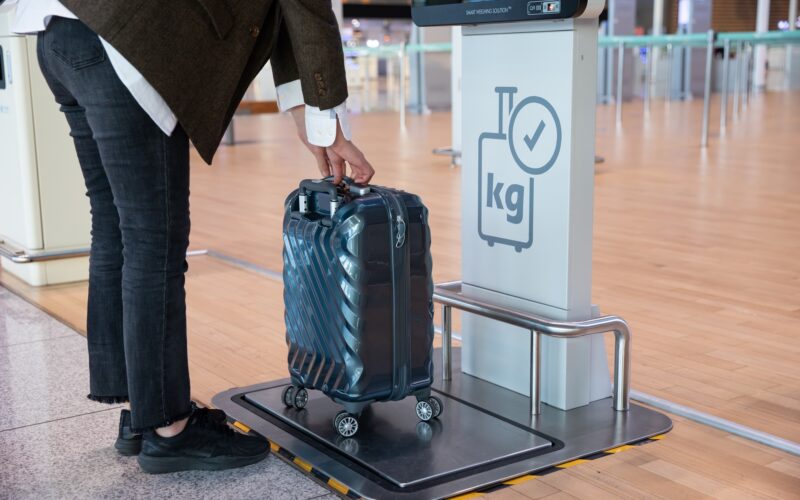How Airlines Can Improve Travel for Older and Vulnerable Passengers

Airlines and airports are seeing a growing number of travelers who require additional assistance, especially older passengers. TAP Air Portugal CEO Luis Rodrigues noted this trend at the World Aviation Festival in Lisbon, expressing concern that current airport infrastructure, staffing and processes are not fully equipped to support the needs of vulnerable travelers. With the World Health Organization projecting that the global population aged 60+ will double to 2.1 billion by 2050, demand for accessible travel will only increase.
The industry is also paying greater attention to neurodiversity and travelers with hidden disabilities. Virgin Atlantic’s customer accessibility manager, John Fishwick, emphasized that the travel experience can become significantly more stressful for passengers with additional needs when disruptions occur. Clear, timely communication is critical, especially during delays or schedule changes.
Fishwick said airlines should be proactive, not reactive. This includes disability awareness training, empowering staff to ask travelers directly what support they need, and using Special Service Request (SSR) codes carefully and respectfully. He also noted the importance of prioritizing customers with medical or mobility needs during rebooking or accommodation arrangements after disruptions.
Simple actions can make a substantial difference. Asking travelers, “How can I help you?” allows frontline staff to respond to real needs—whether it’s access to food for a diabetic passenger or a quiet space for a neurodiverse traveler.
Fishwick believes progress is underway. Collaboration among airlines, airports, and ground handlers, along with emerging accessibility standards, is beginning to raise the baseline of service—and competition may push it higher.
Related news: https://airguide.info/category/air-travel-business/artificial-intelligence/, https://airguide.info/category/air-travel-business/travel-business/
